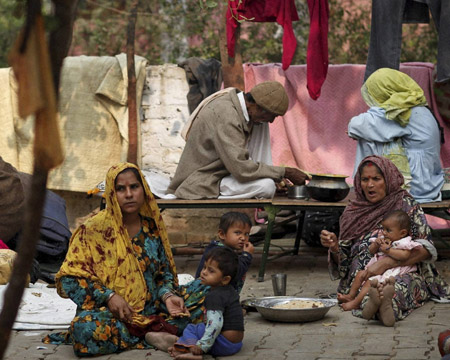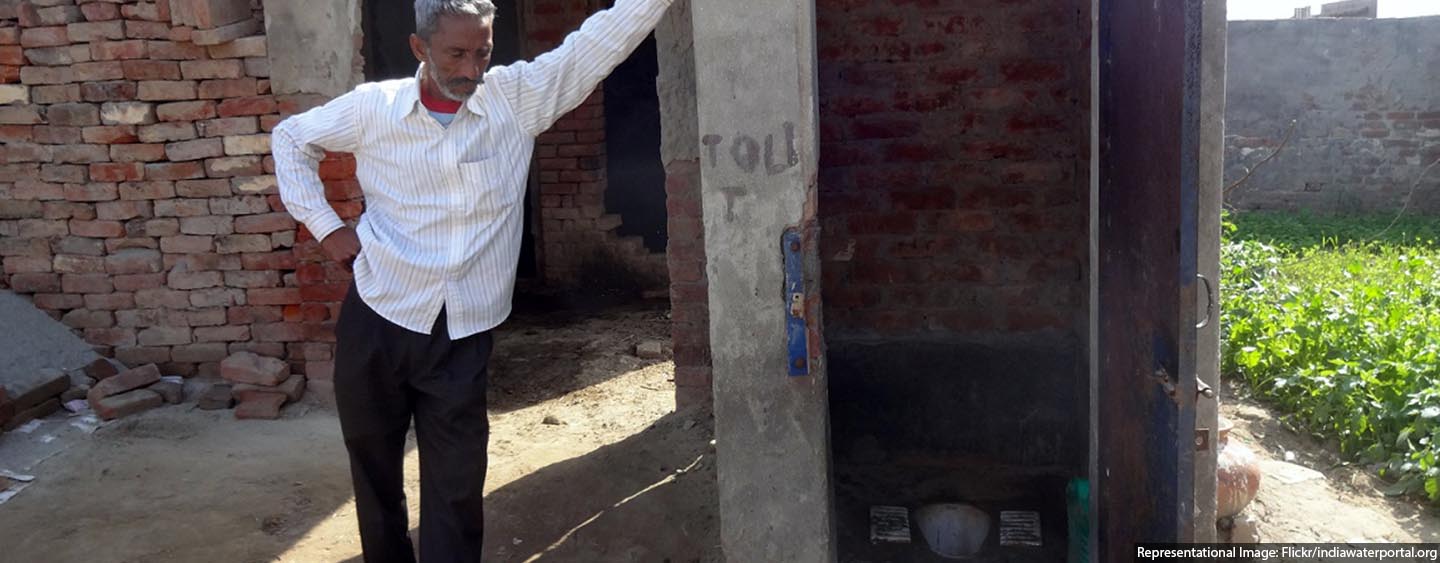Search Results for: paisa study
A Case Study on Reducing Over-the-Counter Corruption
In my last blog, I wrote about Klitgaard’s formula, C=M+D-A, in which the pathway to eliminate corruption becomes evident. If Monopolies are dismantled and discretion is reduced, while increasing accountability, corruption will come down. But in practical terms, even if such moves are made through policy, if citizens do not seek recourse to them and … Continue reading "A Case Study on Reducing Over-the-Counter Corruption"
Lessons from the PAISA Project
This article will look at some of the reasons why PAISA and PAISA-type studies are required in a country like India, the lessons we have learnt from it and finally some thoughts on solutions that are needed in order to ensure effective delivery of social services, including elementary education.
Poorest & uneducated mothers benefit least from healthcare services: Study
While the poorest households had the highest utilisation of ICDS services in 2006, their share became the second lowest in 2016.
Toilet Owners Defecate In Open In Villages Declared Open-Defecation Free: Rajasthan Study
With a little more than a year to go for Swachh Bharat Mission’s deadline of open-defecation-free India, patchy access to toilets, incomplete toilet construction and rampant open defecation among households with a toilet were some findings of a new study in gram panchayats (village councils) declared open defecation-free (ODF) in Rajasthan.
Part 2: Education reform and frontline administrators: A case study from Bihar
The frontline administration in India is infamous for corruption and patronage, indifference towards citizens, low effort and high absenteeism. This blog reports findings from a year-long qualitative study on frontline education administrators in Bihar. Part 1 captured perspectives of frontline administrators on their role in the education hierarchy and how organisational design and culture shapes everyday behaviour. … Continue reading "Part 2: Education reform and frontline administrators: A case study from Bihar"




